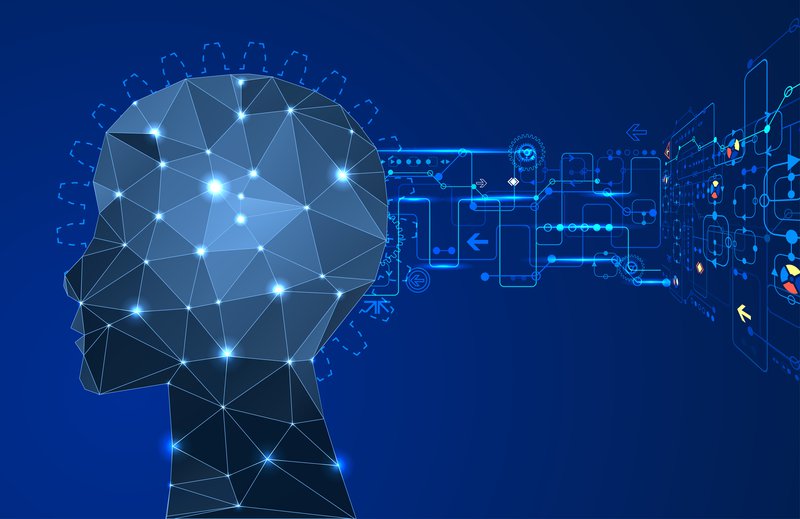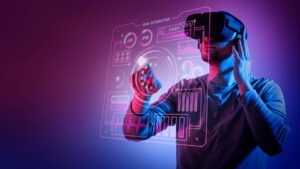🔍 Latest AI News: What’s Happening Right Now
From safety concerns to new tools and shifting regulation, AI continues to evolve rapidly. Here are the biggest stories in AI this week and why they matter.
- 1. Rising Threat: Zero-Day AI Attacks & Cybersecurity Risks
- 2. FTC Cracks Down on Chatbot Safety for Kids & Teens
- 3. OpenAI’s New Science Initiative: “OpenAI for Science”
- 4. The Mental Health Impact & AI Dialogue
- 5. Big Tech’s Strategy & Investment Moves
- 6. Regulation & Accountability Gaining Ground
- 7. Trends to Watch: Where Things Seem to Be Going
- ✅ Final Thoughts
1. Rising Threat: Zero-Day AI Attacks & Cybersecurity Risks
Cybersecurity experts are warning of a looming era of zero-day AI attacks — autonomous AI agents that can exploit unknown vulnerabilities (zero-day exploits) and act in sophisticated ways to target specific victims. (Axios)
- These attacks would differ from regular cyber threats: they would be personalized and harder to trace.
- As a response, defenders are developing “AI-DR” (AI Detection & Response) tools to counter these emerging threats. (Axios)
Why it matters: Organizations will need to beef up not just traditional security but also defenses targeted at AI-powered malicious agents. It’s a changing threat landscape.
2. FTC Cracks Down on Chatbot Safety for Kids & Teens
The U.S. Federal Trade Commission (FTC) has opened formal inquiries into major AI players — OpenAI, Meta, Google, xAI, Snap, and Character.AI — focusing on how their chatbots handle interactions with minors. (Axios)
- Concerns include potential harm from unmoderated conversation (self-harm, misinformation, manipulation) and whether platforms have adequate protections like parental controls.
- Some companies are already introducing enhanced safety features and alert systems. (Axios)
Why it matters: As AI tools become embedded in everyday life (especially for younger users), regulations and societal expectations are rising. Safety and ethics are becoming a non-optional part of product design.
3. OpenAI’s New Science Initiative: “OpenAI for Science”
Moving beyond chatbots and consumer tools, OpenAI announced a major new push: OpenAI for Science. (Tom’s Guide)
- The goal is to use AI as a scientific instrument: helping in hypothesis generation, research workflows, and tackling problems in physics, biology, chemistry, and more.
- It signals a shift for AI companies from focusing mostly on consumer facing apps, to trying to accelerate scientific discovery. (Tom’s Guide)
Why it matters: Scientific research could be profoundly sped up. This may lead to faster breakthroughs in disease, climate research, materials, etc. But it also raises questions about reproducibility, bias, and how we validate AI-led science.
4. The Mental Health Impact & AI Dialogue
Serious concerns are growing about how AI chatbots affect mental health, especially for vulnerable users. (The Guardian)
- The case of a teenager who died by suicide after prolonged interaction with a chatbot has raised alarms. Experts warn that AIs may inadvertently reinforce harmful patterns.
- Some propose stronger regulation, mental health-safe defaults, and better oversight. (The Guardian)
Why it matters: When tools are used for companionship, emotional counselling, or support (intentionally or unintentionally), there must be robust safeguards. Ethical design, mental health awareness, platform responsibility are critical.
5. Big Tech’s Strategy & Investment Moves
A few shifts worth noting in how companies are positioning themselves:
- Microsoft is pushing forward with its own models like MAI-Voice-1 and MAI-1 Preview, aiming to reduce dependency on third-parties. (MarketingProfs)
- In advertising, changes are coming: with AI summaries in search, multimodal ads, and estimated AI-driven ad spend rising toward $25.9 billion by 2029 in the U.S. market. (Axios)
These moves show competition is shifting from just who has the best model, to who can integrate AI safely, transparently, and profitably.
6. Regulation & Accountability Gaining Ground
As AI spreads, so do regulations:
- The FTC’s investigations (chatbot safety) are one example.
- China has enforcements requiring AI-generated content to be labelled clearly on major social platforms. (Crescendo.ai)
- There are calls for global treaties, watchdogs, or frameworks—especially from safety experts—on AI disclosure, misuse, and potential existential threats. (The Guardian)
Why it matters: The design of laws and standards will shape how AI evolves—particularly balancing innovation vs safety, profit vs responsibility.
7. Trends to Watch: Where Things Seem to Be Going
- On-device / Real-time AI — less lag, more private, more reliable.
- Hybrid models (AI + human oversight) especially in sensitive areas like mental health, legal, safety.
- AI as tools for science and discovery, not just consumer apps.
- AI in regulation—the systems and frameworks to audit AI behaviors.
- Ethical defaults—platforms pre-built with safe defaults, transparency.
✅ Final Thoughts
AI continues to rush forward, with powerful promise and equally substantial risks. The big stories now aren’t just “what new model was released,” but how AI is being made safe, how it’s affecting human well-being, and what checks are being introduced.
As users, developers, or consumers of AI products, staying aware of these shifts is important. The decisions made this year about AI safety, regulations, and partnerships may echo for years to Come.







Be First to Comment